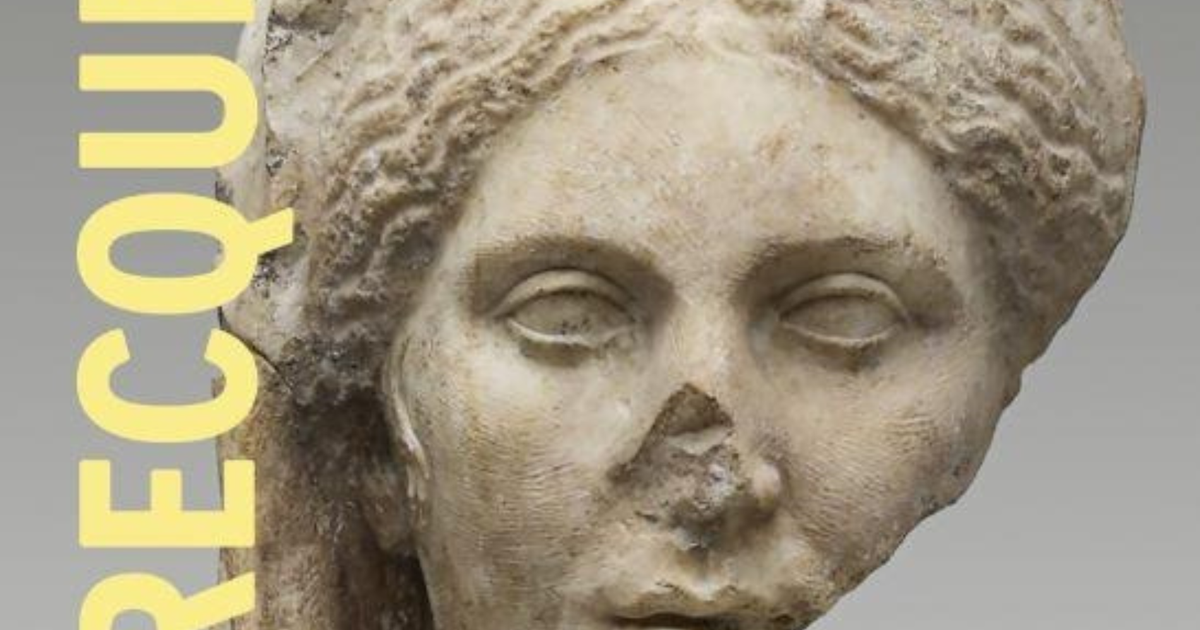Madame Figaro.
– The family as a space of security is increasingly questioned in the 21st century. The Greek mythology that you have been studying for years also runs through its violence….
Aurélie Damet.–
When we read mythological stories, we come across absolutely all the transgressions: Cronos castrates his father, Zeus chains his wife and his father, Oedipus sleeps with his mother, Orestes kills his, Medea murders her children. Plato believed that the stories of Hesiod or Homer should not be told to small children, because the transgressions there are presented in a crude manner, without morals. On the other hand, for him tragedies have a real educational effect because those guilty of horrors or family violence are punished there.
To discover
Download the Le Figaro Cuisine app for tasty and authentic recipes
Also read
The True Life of the Greek Gods
: when Antiquity comes to the aid of love
What values is the family associated with in Athenian society
?
In classical Athens, the family is thought of as a space of intergenerational solidarity. Legal kinship includes rights and duties, such as burying the dead, caring for the elderly, marrying off daughters who are heirs. There are very few traces of disagreements in the parent-child group: very close conflicts are not exposed on the public stage. As for daily violence, it is difficult to understand without anachronism, because the education of children involves corporal punishment, blows with sandals or whippings, as in Sparta. The child is seen as a small wild animal that must be trained.
What about couples without children
?
In these Greek societies, a childless couple is a tragedy. To remedy this, one must go see the gods at Epidaurus or Delphi, or resort to dangerous remedies. The woman's body is mistreated with ointments, vaginal pessaries and toxic concoctions. In Athenian law, women can only have biological children, but a childless man can adopt to create a lineage, he can “make” a son, who will take care of him in his old age, 'bury in due form and continue the lineage. Children are the guarantors of a protected and maintained old age.
Are blended families common
?
Men die in war, women in childbirth, so there are a lot of remarriages. The position of women is fragile: they can find themselves widowed or, if their husband finds a much more interesting heiress within his family, be forced to divorce. In Athenian law, daughter heirs must in fact be married, to prevent the inheritance from leaving the family, by their closest male relative, theoretically the uncle, who can withdraw for the benefit of his son. Marriages between first cousins are therefore common.
And the ban on incest not enforced
?
Incest is an anthropological invariant, but which nevertheless differs from one society to another. In Greek society you can marry your uncle, which for us is incest. On the other hand, in classical Athens, you cannot sleep with your parents or brothers and sisters if you have the same mother in common. Greek incest is thought of on a religious level, it is impiety, but also on a bodily and biological level, because the mother's body is the place of creation of a very strong parental identity.
When we read mythological stories, we come across absolutely all the transgressions
Aurélie Damet
What about the concept of love
?
Aristotle speaks of “philia”, which is friendship, affection and love: for him, there is a hierarchy of links in the family. It is the parents who love their children the most, as a production of themselves. The family bond is like wine diluted with water, the further away you are, the less affection there is. In tragic stories, when the irreparable is about to be committed, everything is supposed to stop thanks to the "recognition scenes", because the blood bond must be stronger than anger. Affection is also revealed through the epitaphs which reflect the sadness and dismay of parents who lose their children, like children who express their sadness at the death of their parents. The Greek family is therefore not only a place of tension but also of love.
The Greeks. Destiny of women in ancient Greece
, by Aurélie Damet, Éditions Tallandier, 288 p., €21.50. Press service

